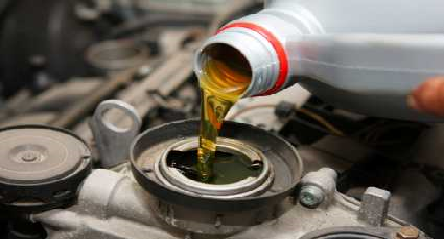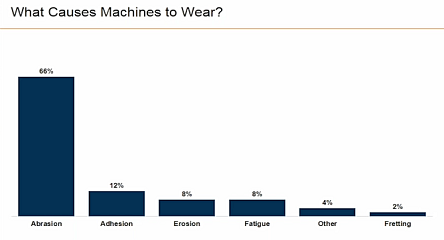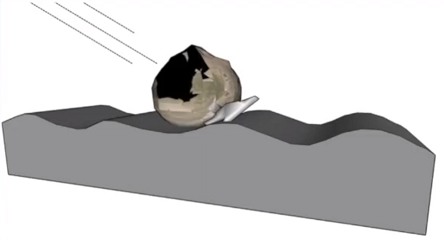About the Author
John Sander, Vice President of Research & Development, Lubrication Engineers, Inc., has a BS in chemistry from Wichita State University and an MS in environmental science from Friends University. In 1989 he began his career at Lubrication Engineers, where he has been responsible for a variety of lubricant quality, formulation and testing activities. He holds CLS and OMA I certifications from STLE, and a CLGS certification from NLGI. His memberships include SAE, NLGI, ACS and STLE. He has authored or co-authored 20+ technical and marketing papers and one book chapter (Chapter 13: “Petroleum Oil Hydraulic Fluids” in the Handbook of Hydraulic Fluid Technology). He is a past winner of the NLGI Author’s Award.






